AFTER over six months of research, interviews and undercover operations for Predator In My Phone, the R.AGE team will be working with Unicef to try to put an end to child sexual exploitation.
And it will start with a campaign for laws against sexual grooming. To pledge your support for the campaign, go to rage.com.my/predator, or facebook.com/predatorinmyphone.
We have been working closely with the police’s D11 division (Sexual, Women and Child Investigations), and we’ve seen firsthand how difficult it is to compile enough evidence to charge and convict a child sex predator.
Many online sexual predators now spend weeks “grooming” young victims for exploitation. They gain their trust and manipulate their feelings until they let their guards down, and that’s when the abuse begins.
R.AGE encountered many such groomers while filming Predator In My Phone, but there wasn’t much we or the police could do without laws criminalising such behaviour.
RELATED STORY: We went undercover as underage girls on chat apps and over a hundred men messaged us
But laws against sexual grooming is just the start – Malaysia needs more comprehensive legislative reform to catch up with sex predators who are increasingly aided by technology.
To achieve that, Unicef – with support from NGO Women: Girls and Digi – is hosting a townhall meeting on June 25, where all the various stakeholders will be discussing the best way to move forward.
The police and Ministry of Women, Family and Community Development have already pledged their support for the campaign. Women, Family and Community Development minister Datuk Seri Rohani Abdul Karim will be present for the townhall discussion.
Others who have been invited include the Women’s Centre for Change, P.S. The Children and the Malaysian Communications and Multimedia Commission (MCMC).
Young advocates and student leaders from Unicef’s various programmes will also be there to offer their perspective, so any action plan formulated will be kid-approved.
Unicef Malaysia representative Marianne Clark-Hattingh said there is a need to review and enhance legislation to better protect children, given the rapid expansion of communication technologies and the Internet penetration in Malaysia.
“Online abuse and exploitation most often takes place in the deep privacy of the mobile phone, the computer, or any other electronic device. It can move anonymously from the private to the public sphere, and across countries and borders, quickly,” she said.
And that’s why input from the children is so important. The way children use technology is changing every day, and it’s impossible for the relevant authorities and agencies to keep up without their advice.
For example, D11 principal assistant director ACP Ong Chin Lan said children now are engaging with people overseas, and the police have received reports of cross-border online sexual exploitation.
“With the Internet, our children are not only vulnerable to local perpetrators, but also those who are overseas,” said Ong.
She also said there is a new trend of “travelling sex offenders”, men who would travel to countries like Malaysia and find victims through mobile chat apps. As they could be in the country for only a matter of days, the police cannot do much to stop them at the moment.
Malaysia actually does have laws in place to protect children against harassment and exploitation. The Penal Code, Child Act, and Communications and Multimedia Act covers things like inciting a child to gross indecency, physical harm or abuse towards children and sending or receiving obscene material.
But newer, technologically-enabled crimes like grooming often fall in a grey area, making it hard to charge the perpetrators, and even harder to get a conviction.
Neighbouring countries like Singapore and Australia already have comprehensive laws against sexual grooming, where the perpetrators can be charged even before they physically meet their victims.
The townhall on June 25, which will be held at Makespace, Quill City Mall, Kuala Lumpur, will also highlight the importance of digital safety.
While introducing news laws would deter and punish the perpertrators, educating children on digital safety will help avoid them from being exposed to the perps in the first place.
Women’s Centre for Change programme consultant Dr Prema Devaraj said digital danger is one of the biggest threats against children today.
“Young children are technologically-savvy and, unfortunately, this is where the sexual predators are too,” she said.
Technology has given them direct access to their target group.”
The #ReplyForAllMY townhall will take place on June 25, 10am at Makespace, Quill City Mall, Kuala Lumpur. Pledge your support for the campaign for new laws against child sexual exploitation at rage.com.my/predator.



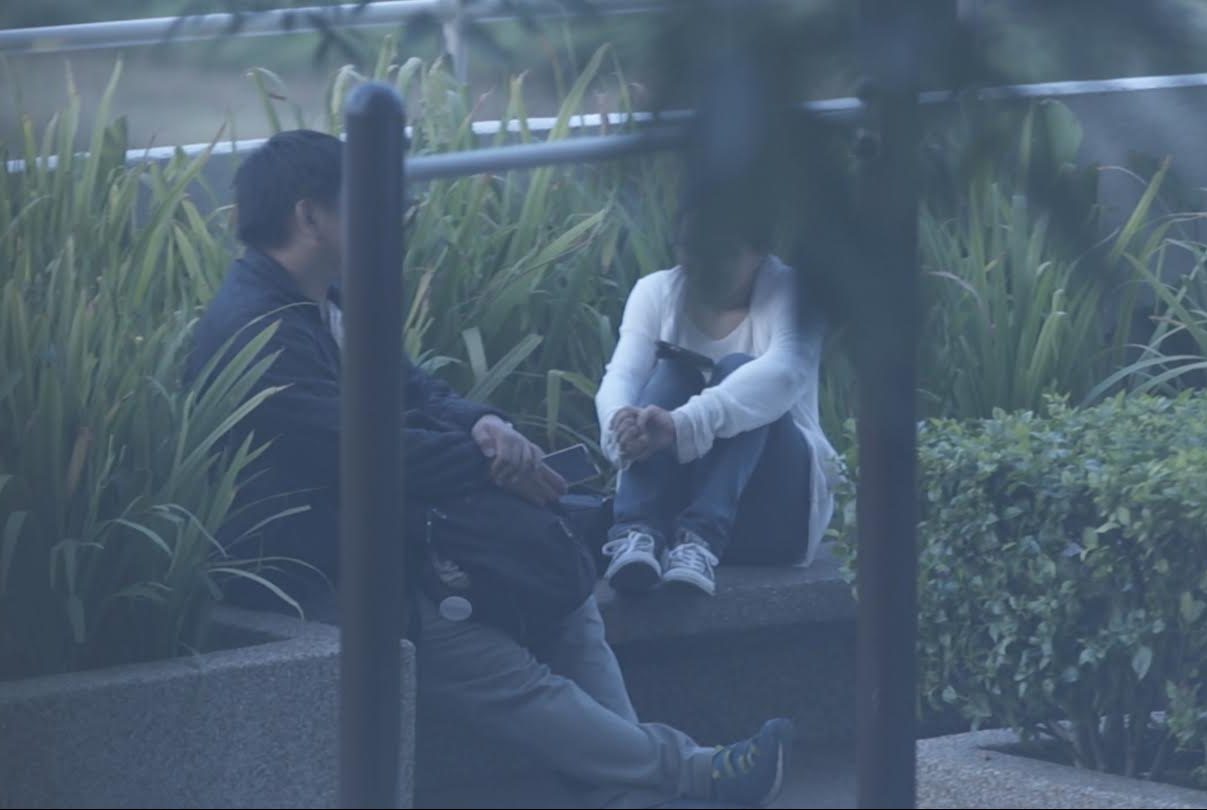
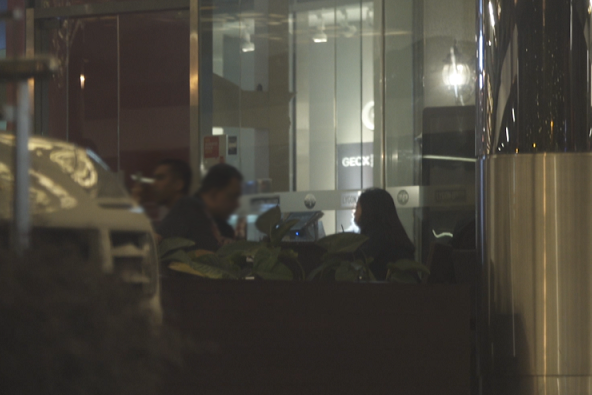
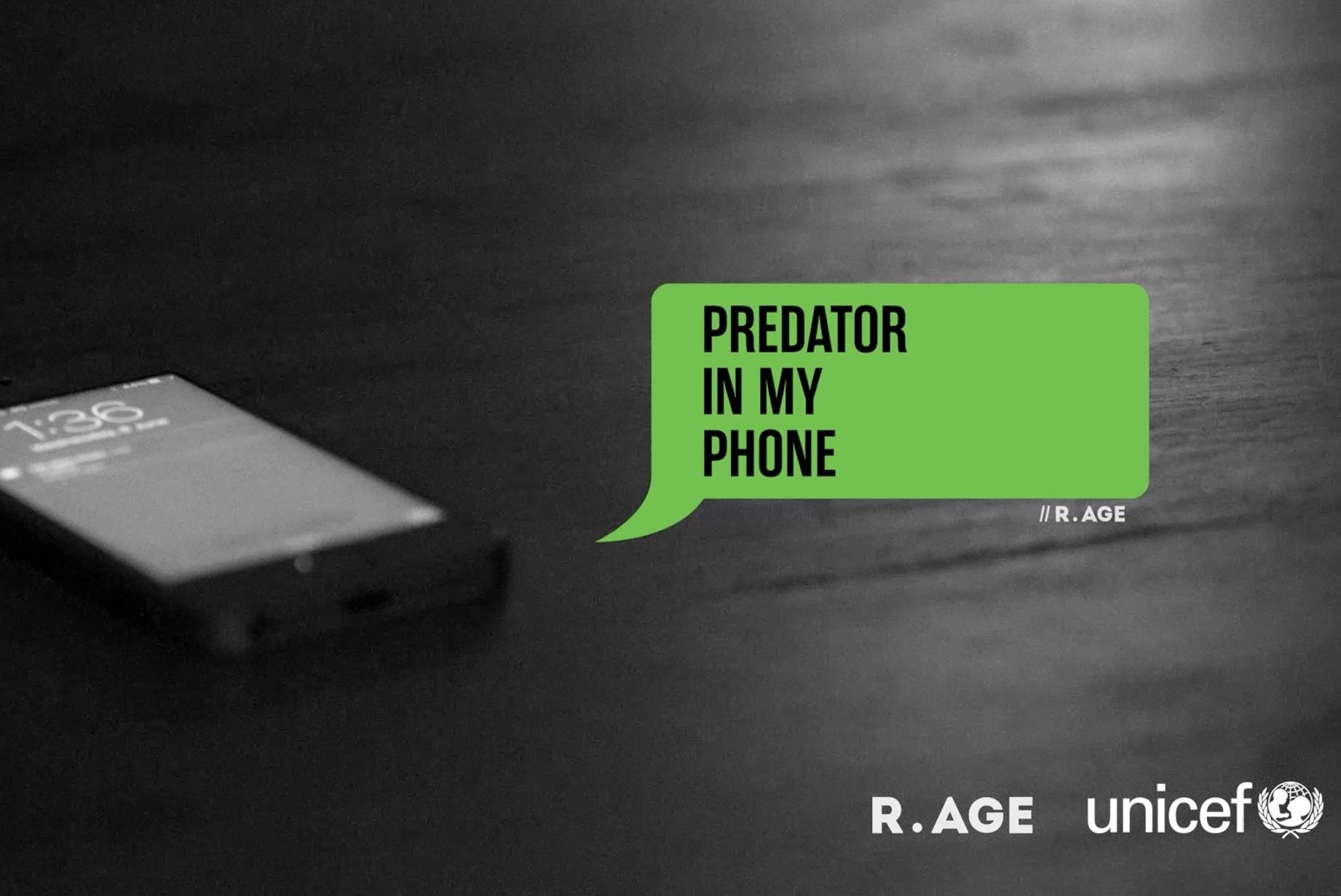
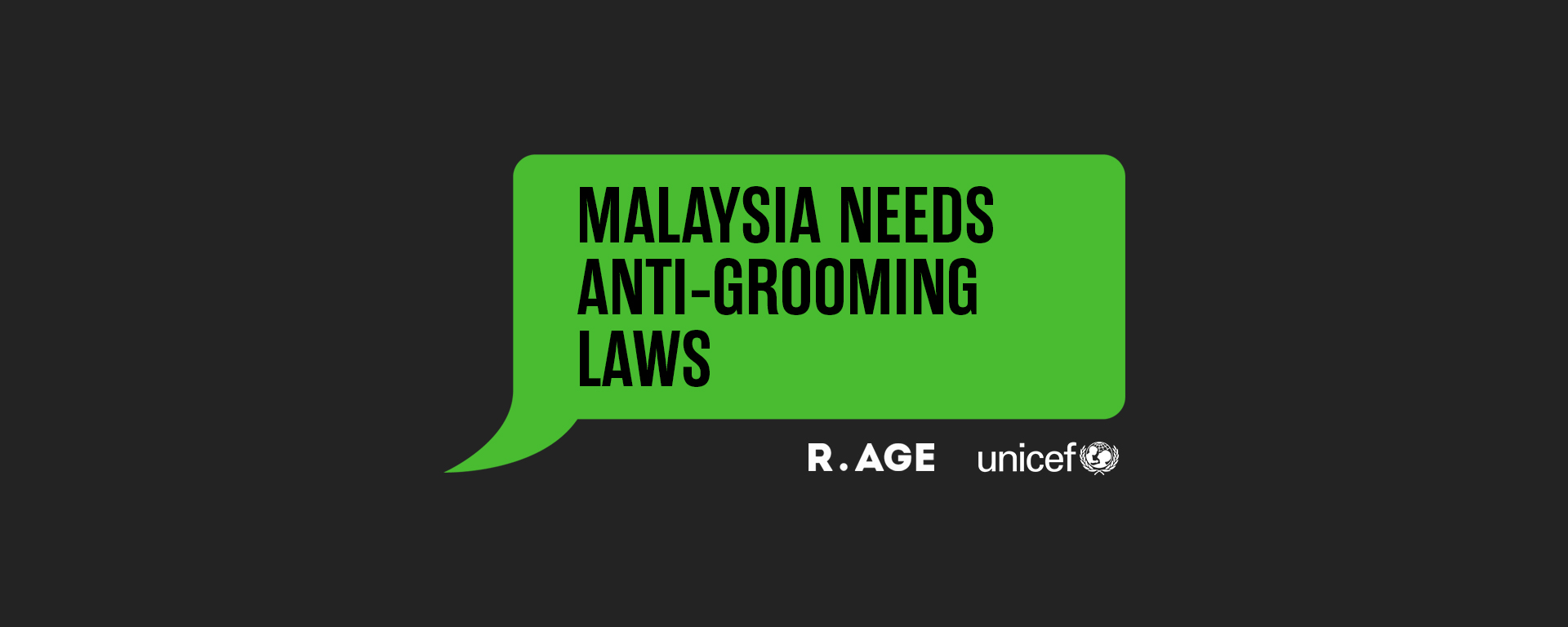

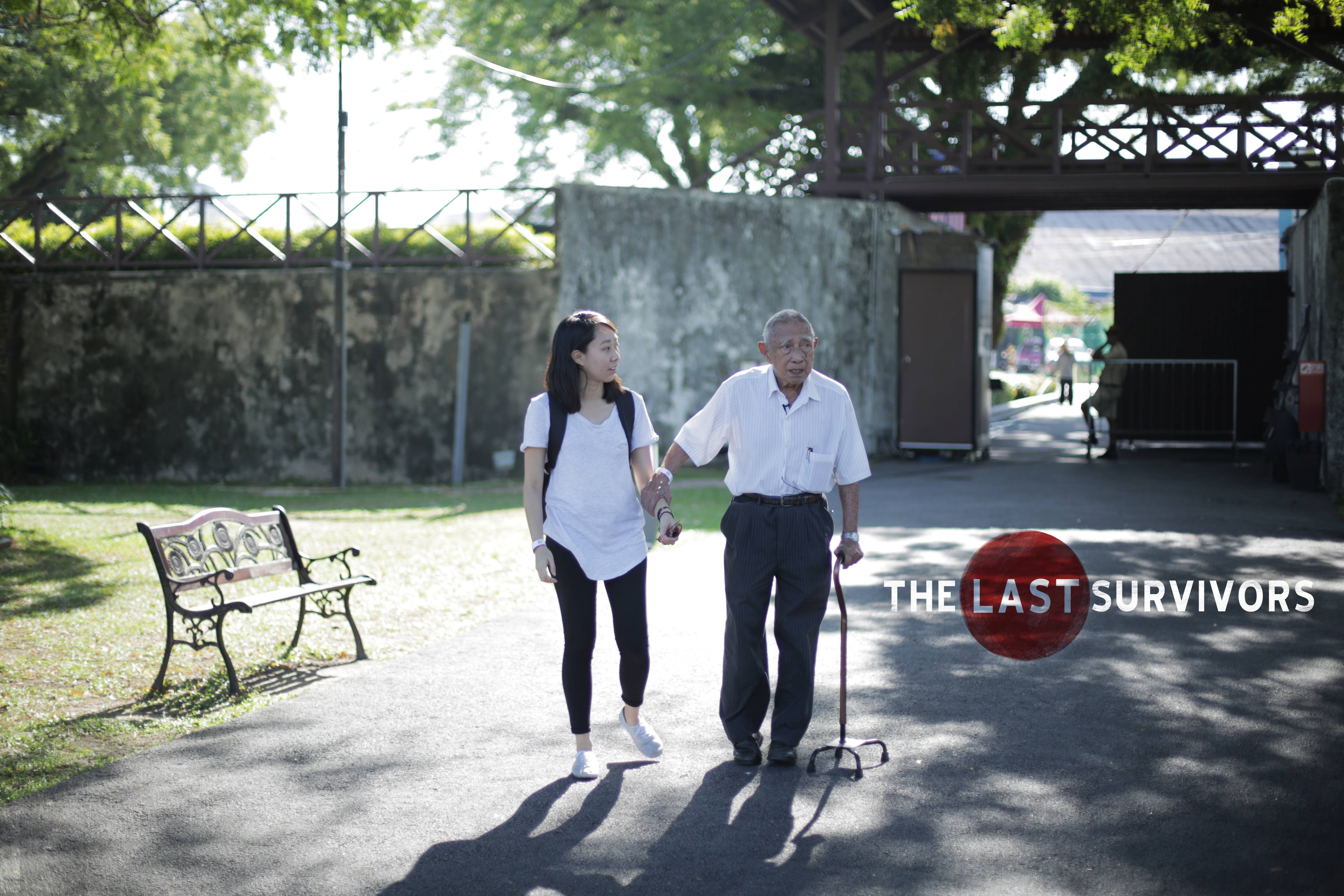
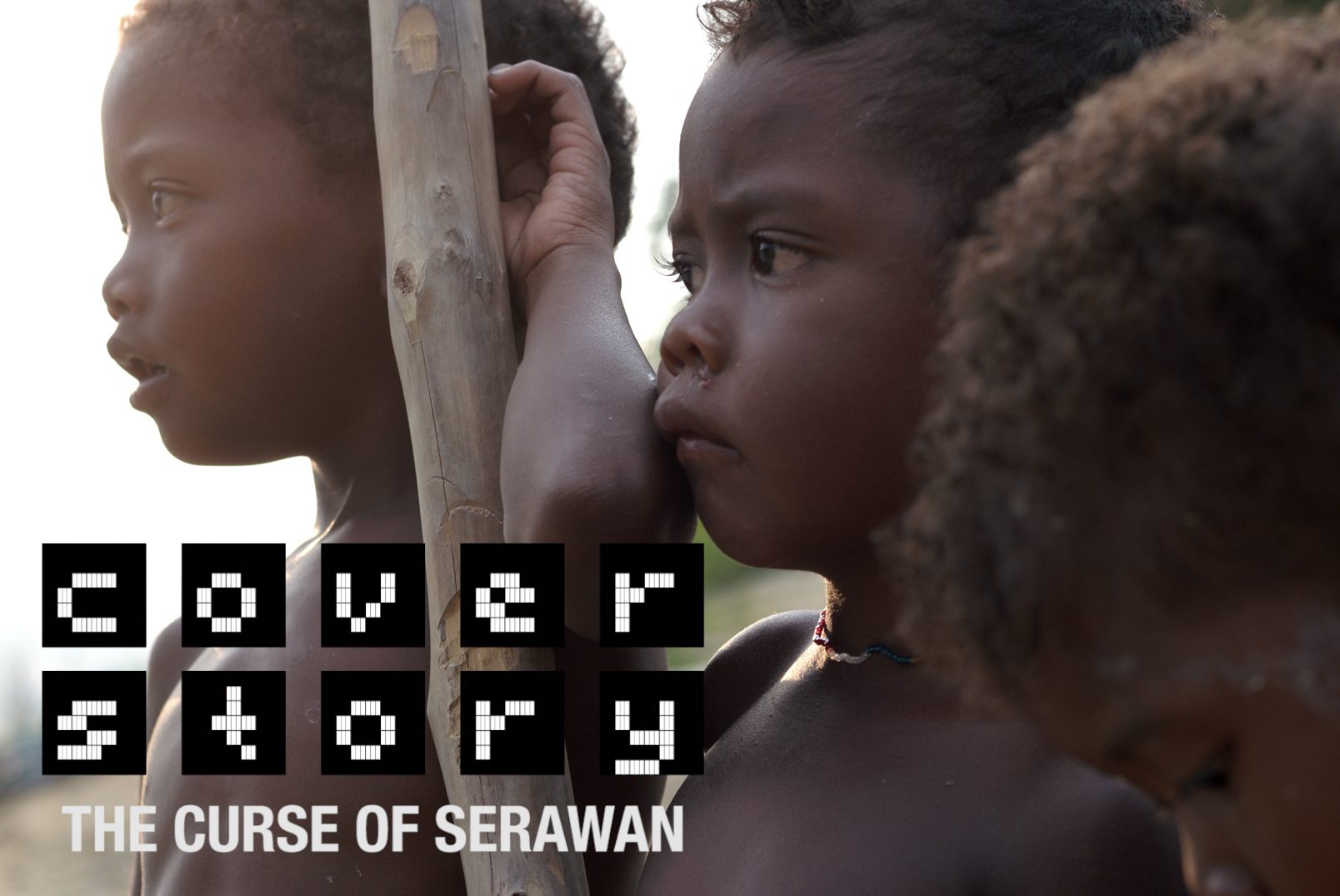

Tell us what you think!